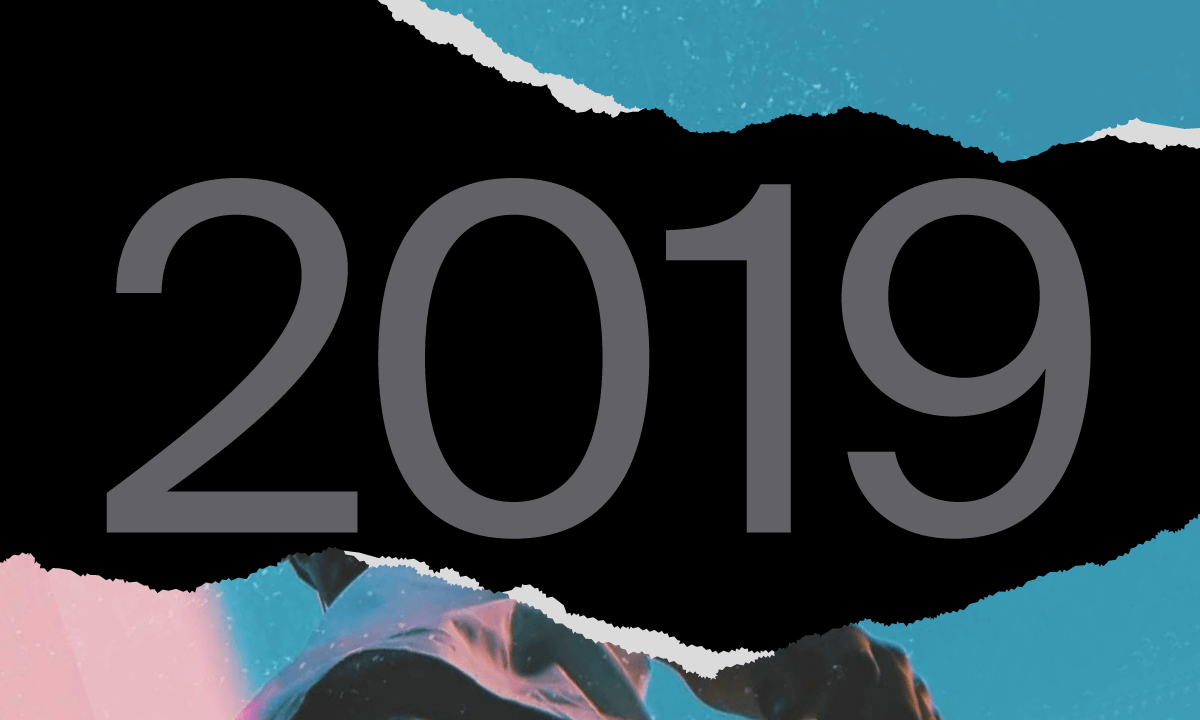The Passion of Anna Magnani, directed by Enrico Cerasuolo and produced by Massimo Arvat (Zenit Arti Audiovisive), will be presented at the 72nd edition of Cannes Film Festival among Cannes Classic. The documentary was presented in worldwide preview at MIA 2018’s Italians Doc It Better, showcase of the best Italian documentaries, curated by Marco Spagnoli, Head of MIA’s DOC Division.
A portrait of the great Italian actress, symbol of neo-realism and world cinema icon: Anna’s running interrupted by Nazi’s shots in Rome, Open City makes the war’s sufferings worldwide known and becomes the symbol of a new type of cinema that describes the real world. Anna is unique and she transforms the representation of women in cinema by embodying a model which is different from all divas which came before her and from all those who will come after her. She represents Italian womanhood in contrast with ideals tailored on male standards.
Thanks to her immense acting skills, Anna Magnani creates realistic passions and feelings, thus inspiring great European and American directors: Roberto Rossellini, Luchino Visconti, Federico Fellini, Pier Paolo Pasolini, Jean Renoir, Sidney Lumet, Daniel Mann, George Cukor, and Stanley Kramer. Hollywood recognises her talent in 1956 by awarding her an Oscar and by making her, the only Italian actress to this day to have won one for a movie shot in English. However, Hollywood will try, in vain, to confine her to stereotypes which do not go well with her lively and dynamic personality. Anna Magnani was an independent woman, a single mother tied to the city of Rome and with the sense of belonging that it brought about. She experienced friendship, love, and passion, which she brought into her art with a unique and unprecedented modernity.
In the documentary, the author dialogues with the actress in an imaginary letter that guides the spectator through Anna’s on-screen performances, interviews, testimonies of personalities who knew her, and her son Luca’s memories. Based on the creative editing of archive matierals, the film includes an unreleased audio interview made by the journalist and writer Oriana Fallaci.

